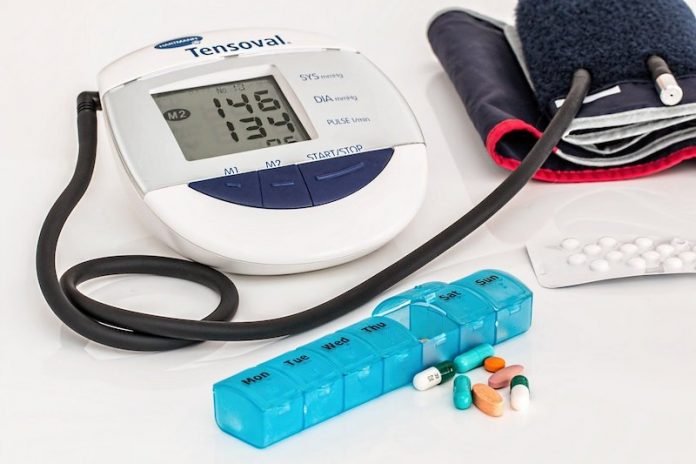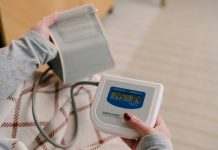
Cold medicines are not off-limits if you have heart disease, but patients with high blood pressure, or hypertension, should check the label carefully when choosing a cold or allergy medicine.
That’s because decongestants such as pseudoephedrine, ephedrine, phenylephrine, naphazoline and oxymetazoline can increase your blood pressure and heart rate.
Make sure the cold or allergy medication you plan to take is free of those ingredients.
Decongestants can also prevent your blood pressure medication from working properly. And always check the active and inactive ingredient lists, because many medications are high in sodium, which also raises blood pressure.
For allergy sufferers with heart disease, medicines such as Allegra, Zyrtec or Claritin should be safe.
However, medicines containing decongestants — including Allegra-D, Zyrtec-D and Claritin-D — could increase your blood pressure and heart rate or interfere with your heart medication.
Managing a cold with high blood pressure
If you can’t take a decongestant because of high blood pressure, there are other ways to reduce your cold or allergy symptoms:
Take Coricidin HBP, which is free of decongestants
Drink plenty of fluids — including water, juice, tea and soup — to prevent dehydration and clear mucus from your lungs
Take a pain reliever such as Tylenol or Motrin for fever, sore throat, body aches and headache
Flush your sinuses with a saline spray to relieve nasal congestion
Soothe a sore or scratchy throat with lozenges
Use a vaporizer or humidifier if necessary to boost humidity
Get plenty of rest
Return to your doctor after five to seven days to make sure you’re on the road to recovery
Before taking any new medication
Always check with your pharmacist before you take a new medication, whether it’s for a cold, allergies or something else, to find out if it is compatible with certain medical conditions and your current drug therapy.
If you have a heart condition, be sure to discuss all medication choices with your cardiologist before taking anything.
Written by MARY C. PASSOW, RN, BSN.



